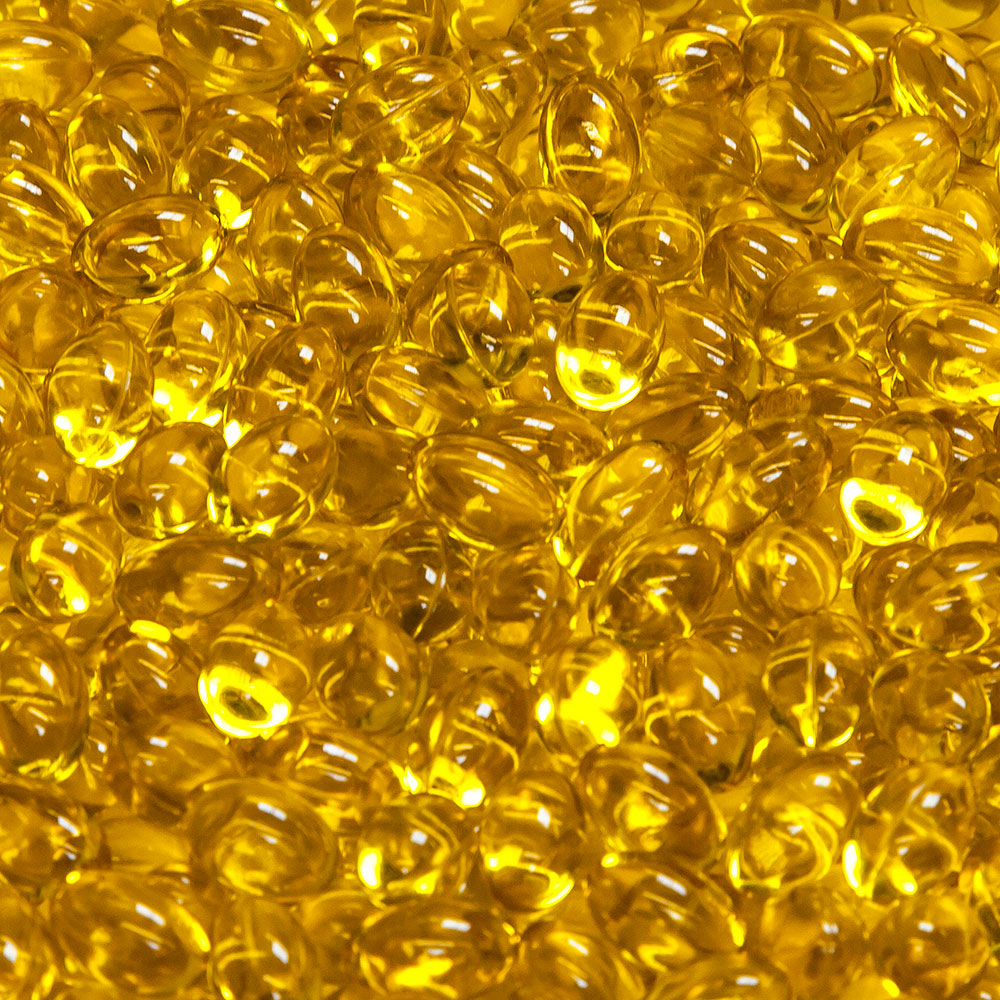
All About: Vitamin D
Our "All About" blogs are written by the team at Naturplus and look into the products sold on our website, to help you make a better decision about your purchases.
In the UK, the cold season doesn't just bring fewer hours of daylight – the sunlight itself becomes less strong and that can make us more susceptible to a vitamin shortage than people in sunnier climates, especially when it comes to the 'Sunshine Vitamin'.
What is Vitamin D?
Vitamin D is a mineral that contributes to many aspects of our musculoskeletal health. It allows us to absorb calcium and phosphorus normally and contributes to the maintenance of normal bones and teeth. It also contributes to the normal functioning of our immune systems, muscle function and blood calcium levels.
Do you need a Vitamin D supplement?
Between spring and summer, most of us can get the vitamin D we need just from spending short periods with our forearms, hands or lower legs exposed outdoors. Between October and March, the British sunlight doesn't contain enough ultraviolet B radiation for our bodies to do this.
We can rely on a healthy diet to stop us from becoming deficient. Foods naturally rich in vitamin D include fatty fish, fish oils, liver and eggs. Other foods such as margarine, powdered milk and breakfast cereals are often fortified with vitamin D in the UK.
But it's difficult to get enough vitamin D from food alone, and many of us don't get enough.
Following advice from Public Health England, the NHS recommends that everyone in the UK over the age of five “should consider taking a daily supplement of vitamin D during the autumn and winter.”
The lack of sunshine at this time of the year affects most people in the UK, but as highlighted by nhs.uk, some of us will stay at a higher risk of vitamin D deficiency all year round, even in the height of summer.
These include pregnant or breastfeeding women, people with darker skin, people who are housebound or in care homes, and people who cover up in the sunshine. Make sure you seek advice from your GP or pharmacist to determine the best daily intake.
We have a wide range of Vitamin D supplements to suit your needs.
The NaturPlus Blog and its materials are not intended to treat, diagnose, cure or prevent any disease. All material on The NaturPlus Blog is provided for information purpose only. Always seek the advice of your physician or a qualified healthcare provider for any questions you have regarding a medical condition, and before taking supplements and undertaking any diet, exercise or other health-related programs.

